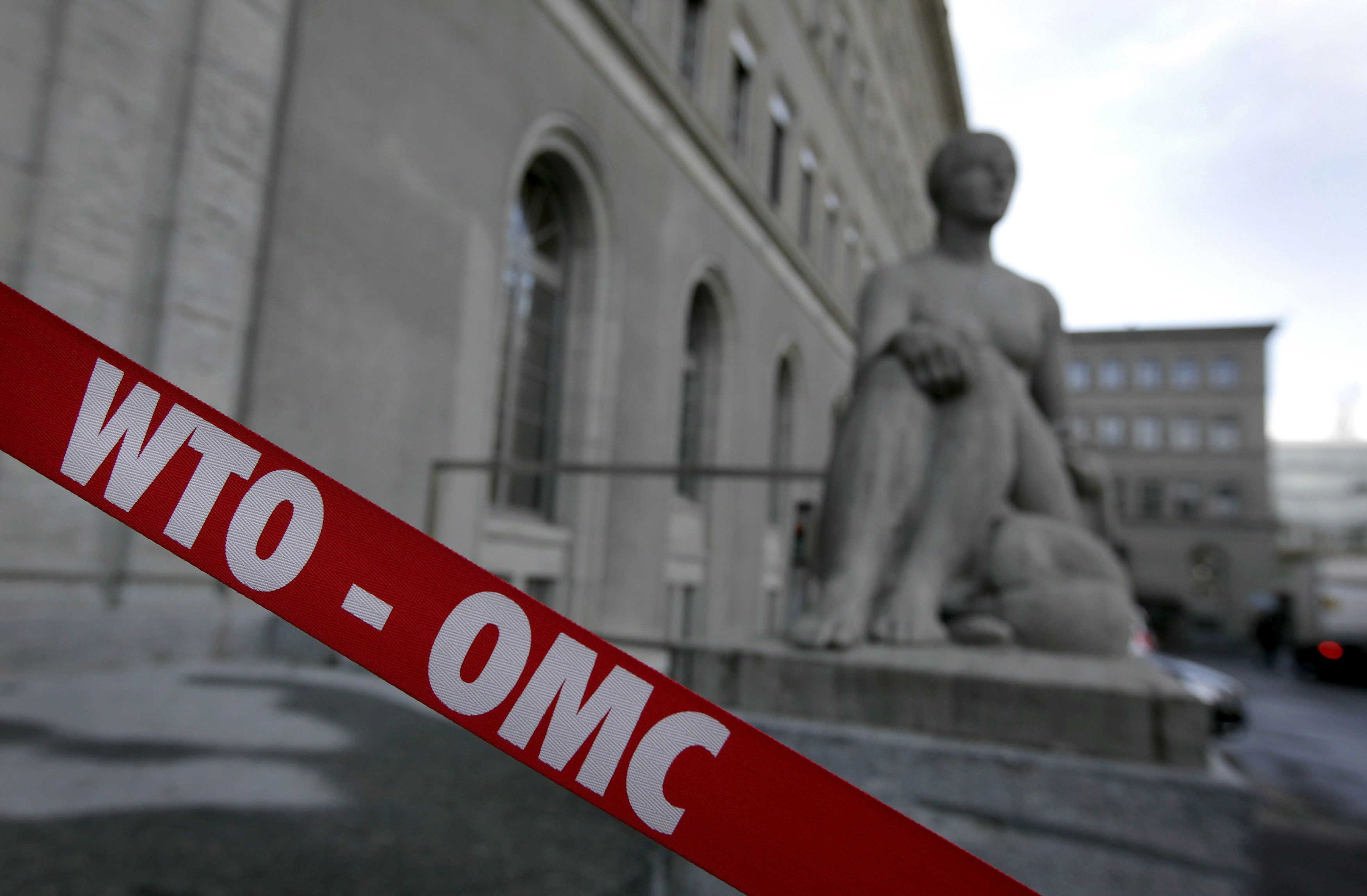The World Trade Organization headquarters in Geneva.
What are data flows and why are they important?
Technology firms gather a lot of information on our daily online activities such as whether we like a Facebook post, someone else likes our Facebook post, or how much time we spend browsing websites for a new pair of shoes. They use that information to improve their services, to give us recommended posts or websites based on our preferences.
The internet is designed as a seamless web, so your data can flow around the world. So a US or Chinese internet company with operations in Vietnam, Cambodia, and Thailand might choose to have a single data center for Southeast Asia in one of those countries that collects data from all three. That is the most cost-effective and secure set-up.
However, there has been a trend, especially among developing countries, to establish so-called data localization requirements that prohibit the transfer of their citizens’ data to another country.
Why is that?
There are multiple arguments given, but I think the main driver is economic. Countries increasingly see data as a new resource to exploit. They believe that a data center set up within their borders will be a source of new jobs and investment.
But they often dress up the requirements as being about law enforcement or national security, saying that if law enforcement needs access to their citizens’ data, it needs to be close by for easy access, which technically is not really the case.
How do restrictions on data flows affect companies and consumers?
Data localization rules can function as a type of trade barrier. Smaller companies might not be able to afford the investment of building a data center in a new market. Even larger companies might decide it doesn’t make economic sense to do so and decide to steer clear of a market with that requirement.
Ultimately, the consumer and digital inclusiveness will suffer. The classic example is the consumer in Africa, where people have come to rely on phone-based payment services. So if a small country in Africa imposes a data localization requirement, Apple Pay and other providers might opt to suspend operations there, depriving users of their services.
Why did the USTR reverse its position on this issue?
It's purely political. Lawmakers such as Sen. Elizabeth Warren (D-MA) who have been advocating tougher regulation on big technology firms have been pressing USTR to abandon attempts to enshrine protections for e-commerce in international trade agreements. They argue that making binding commitments to foreign governments limits the space for domestic policy debate on big tech.
Similarly, labor groups and associations of domestically focused manufacturers such as the Coalition for a Prosperous America have opposed US attempts to push for free data flows because they fear that whatever foreign governments ask for in return may hurt workers and companies in the US.
What has been the reaction to this move by USTR?
Anti-trade US lawmakers and advocates are obviously very happy. Warren responded by saying that USTR had rejected the efforts by big tech lobbyists to use trade deals to thwart regulation.
But the reversal of a longstanding US position came as a shock to other members of Congress, the US business community, and several countries that have been key US partners on digital trade priorities. A long list of tech and non-tech business groups issued statements and sent letters condemning the action.
So, what happens next?
The e-commerce discussions track at the WTO will continue but is not likely to achieve much, at least in the near term. The US reversal on data flows will probably affect the positions of other countries, including some that had moved away from data localization requirements. India, for example, recently significantly revised its policies to allow most data to freely transfer across borders. In the aftermath of the US reversal, reports in Indian media suggested India might follow suit.
Meanwhile, US protests over the USTR move prompted the White House to convene an interagency process with the National Security Council, State Department, and Commerce Department to discuss the issue. USTR is coming under some pressure to change its position on data flows at the WTO, or at least moderate it, but it’s not clear whether that’s really possible. Consultations may continue for some time and fail to reach any conclusion.
Edited by Jonathan House, senior editor at Eurasia Group.
